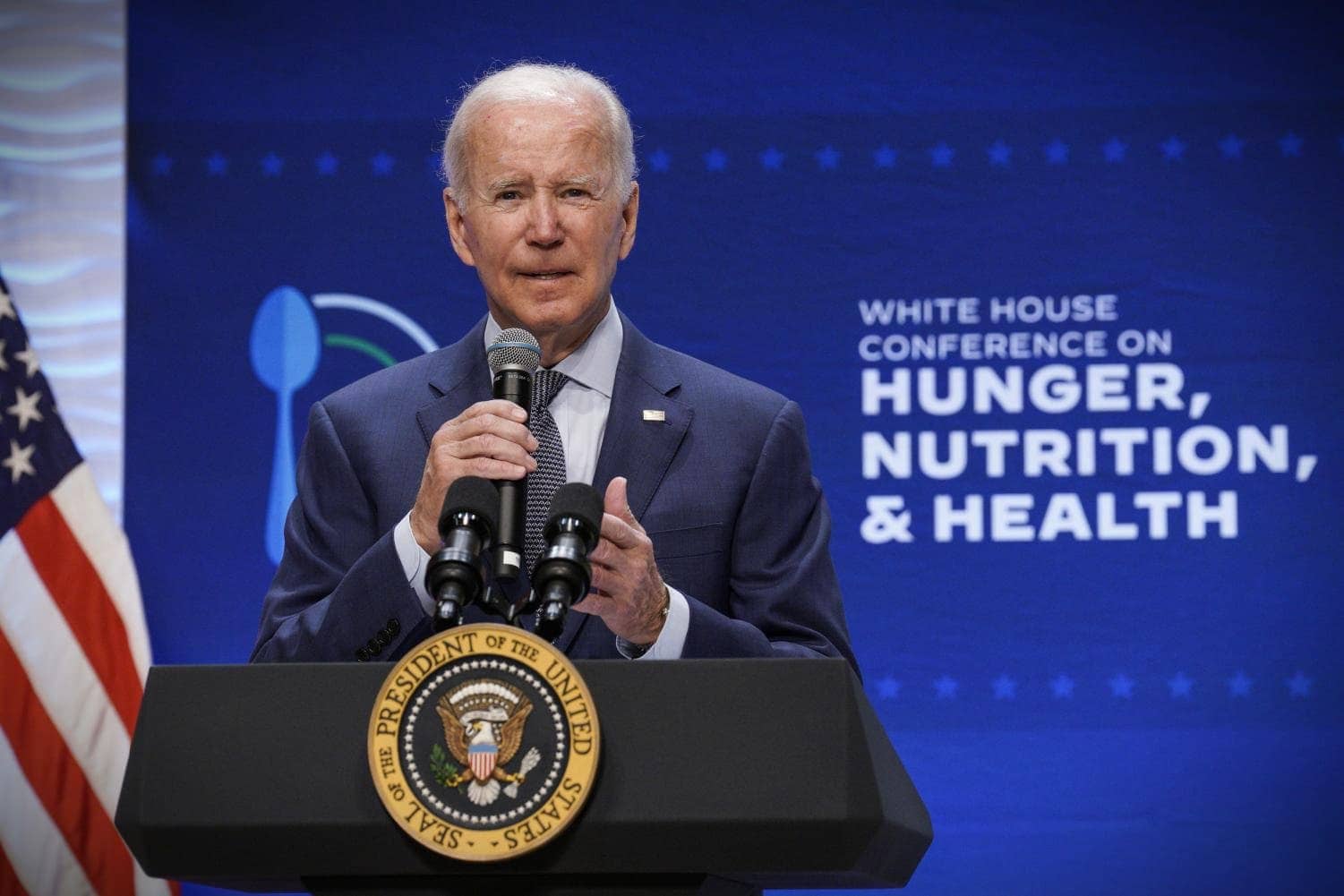Biden administration plans nutrition labeling overhaul

Access to healthy food and food security in the United States are the goals of the White House’s new National Hunger, Nutrition, and Health Strategy.
President Joe Biden’s administration has said it will push for a range of legislative and executive actions through cooperation with state and local institutions, the food industry, schools and other stakeholders.
These include improving food access and quality, promoting physical activity, and researching food security and nutrition issues. A new approach to food labeling is also a crucial part of the initiative.
See also:Health info
“We are mobilizing the will to achieve a bold goal: to end hunger in America and increase healthy eating and physical activity by 2030, so that fewer Americans suffer from diet-related diseases,” Biden said. during a speech presenting the new plan.
One of the pillars of the new strategy is to increase consumer awareness of the foods they buy in order to promote healthy choices. To this end, current food labeling will be updated with the introduction of a front-of-package labeling (FOPL) system.
Under the new plan, the OFPL would promote a healthier approach to food and encourage the industry to improve the health of its food.
The US Food and Drug Administration (FDA) will expand the labeling system, requiring industry to use dietary guidelines statements on food labels.
To that end, the FDA has proposed updated rules for the “health claim” on food products which was introduced in 1994 and is now considered outdated.
The current regulations specify limits on levels such as fat, sodium and cholesterol and set minimum amounts of nutrients such as vitamins A and C, calcium, iron, protein and dietary fibre. Around 5% of all packaged food is currently labeled “in good health.”
The FDA said it would allow use of the health claim for foods that help consumers follow a healthy diet based on current nutritional science. The agency cited olive oil as an example of a food that was previously excluded but can now receive the “sound claim”.
See also:US provides $1 billion to farmers to fight climate change
The FDA has written that using olive oil as a replacement for more common saturated fats “is backed by current nutritional science and emphasized by federal dietary guidelines…as part of a healthy diet.
Under the current regime, olive oil cannot withstand the “health claim” because it does not contain 10% of the daily value of the necessary nutrients.
“Thus, the existing ‘the ‘healthy’ claim has become inconsistent with the long-standing purpose of this type of implied claim to indicate that nutrient levels in a food can help consumers maintain healthy eating practices,” the FDA said. .
The core of the proposed new framework uses a food group-based approach that the FDA says is “based on the understanding that each food group contributes a range of important nutrients to the diet.
Therefore, the FDA added, the new health criteria would be “emphasize healthy eating habits by requiring food products to be labeled “in good health” when they “contain a certain amount of foods from at least one of the food groups or subgroups recommended by the Dietary Guidelines, 2020 to 2025.”
Once enacted, the new regulations would limit added sugars, saturated fats and sodium. This would also include “certain record keeping requirements for foods bearing the claim when compliance cannot be verified through information on the product label.
Comments on the FDA’s proposed new regulatory update will be accepted until December 28, 2022.